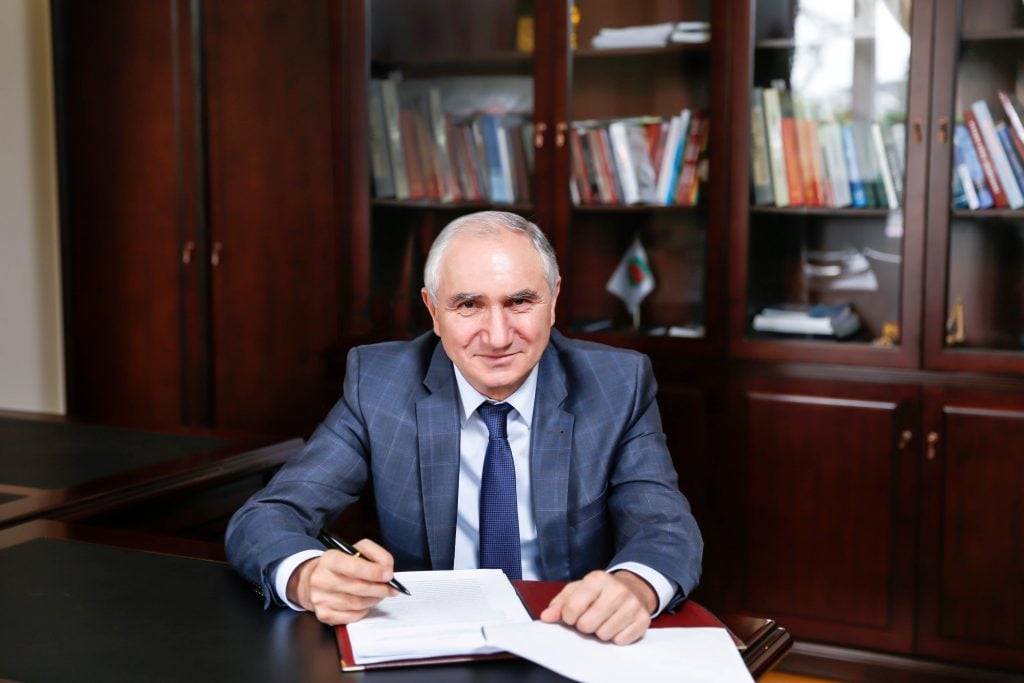Valery Bganba, head of the “cabinet of ministers” of Moscow-backed Abkhazia, will serve as the region’s “acting president,” replacing Raul Khajimba, who resigned yesterday.
Local media reported on January 13 that the region’s 35-member “parliament” voted in favor of Khajimba’s resignation and Bganba’s appointment as acting “president” at today’s extraordinary session.
Ahead of Khajimba’s resignation on January 12, Abkhaz “election administration” announced repeat “presidential polls” would take place on March 22.
The announcement came two days after “the appeals chamber” of the “Supreme Court” ruled late on Friday that the results of the region’s September 8 ‘’presidential runoff” were invalid.
A day earlier on January 9, amid ongoing political tensions in region’s capital city of Sokhumi, Abkhaz “parliament” appealed to Khajimba to resign. However, the latter refused to resign, noting it would further complicate existing socio-political situation.
The appeal came as hundreds stormed Abkhaz leader’s office on Thursday, demanding new “presidential polls” and Khajimba’s resignation, which Khajimba’s administration dubbed as an attempted coup.
Yesterday evening, ahead of Khajimba’s resignation, Russian media reported that Russian President’s aide Vladislav Surkov arrived in Abkhazia.
Russia’s President Vladimir Putin appointed Vladislav Surkov as his aide to oversee Moscow’s relations with occupied Abkhazia and Tskhinvali/South Ossetia regions of Georgia in September, 2013.
Read also:
- Leader of Occupied Abkhazia Resigns
- ‘Repeat Polls’ in Occupied Abkhazia Slated for March 22
- Top ‘Court’ Declares Results of Abkhaz ‘Presidential Polls’ Invalid
- ‘Parliament’ Calls on Abkhaz Leader to Resign, Khajimba Refuses
This post is also available in: ქართული (Georgian) Русский (Russian)

